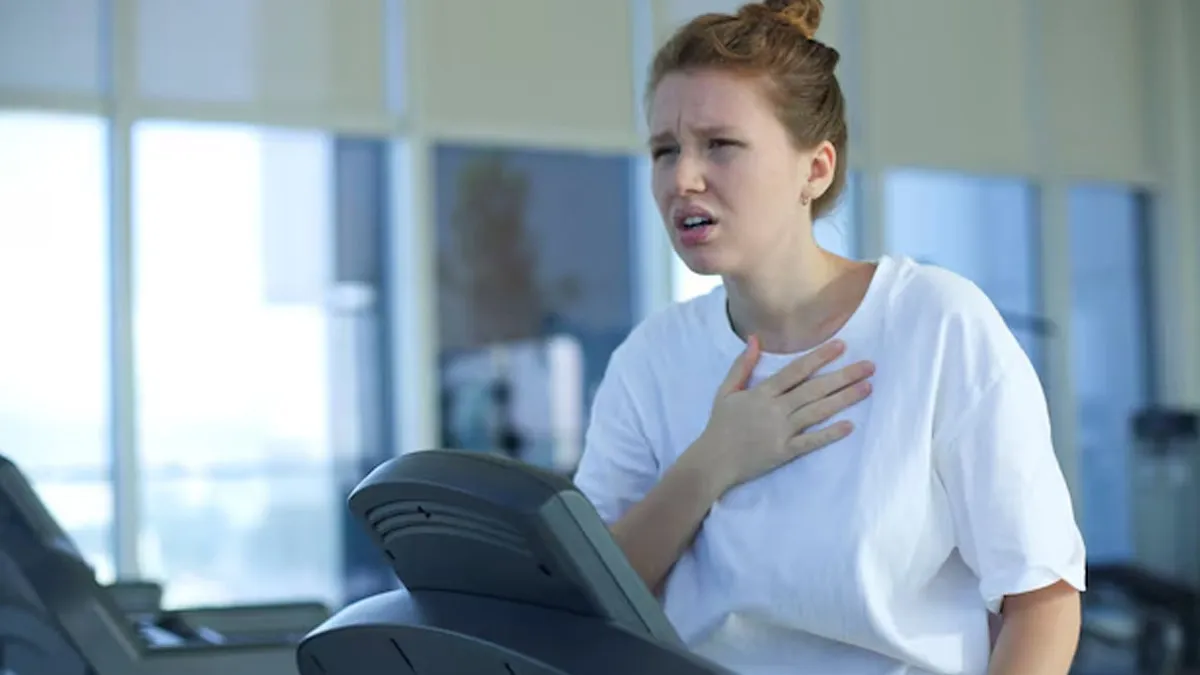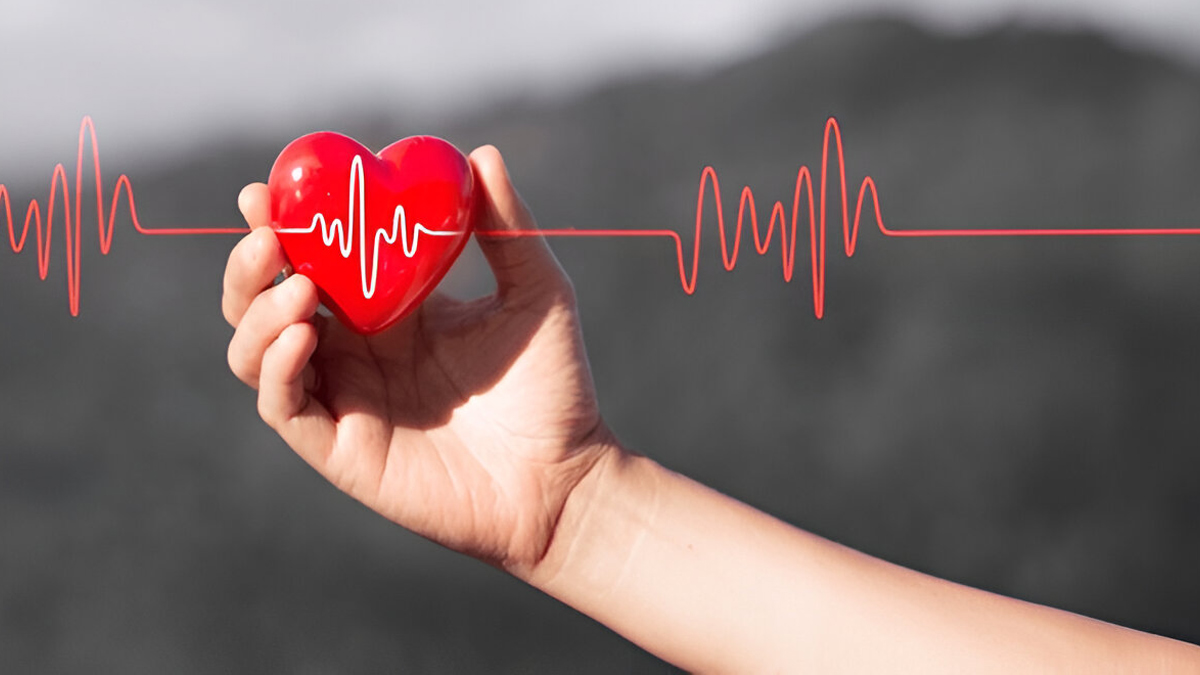
The fandom of gyms among young adults is pouring. Several people in their late teens and early twenties sign up for membership full of energy and drive, hoping to gain strength, lose weight, or just feel healthier. However, behind all the new exercise equipment and protein shakes is an unseen issue of heart health.
Table of Content:-
Over the last few years, we realised that heart attacks are no more of an older-person problem and that cardiovascular diseases don't care about age. In fact, heart attack rates among adults younger than 40 are alarmingly on the rise, particularly in men. With high-intensity training sometimes replicating the physiological stress of extreme environments, your pre-gym trip should be to the doctor's office.
Why Heart Health Matters Even When You're Young
In an exclusive interaction with the editorial team of Onlymyhealth, Dr Shubendu Mohanty, Senior Consultant, Cardiology, Shardacare, Healthy City - Noida, explained that heart disease is still the number-one cause of death globally, and some of its causes are high blood pressure, high cholesterol, insulin resistance, all of which can begin developing in secret during your 20s and 30s.
You may feel great today, but intense exercises such as CrossFit, HIIT, or heavy weights can induce cardiac events in those with pre-existing heart disease, even if they are asymptomatic.
Red Flags You Shouldn't Ignore
Even if you're healthy or thin, you might still be at risk if you have:
- A family history of heart disease or sudden cardiac death
- High blood pressure or cholesterol, even if they are in the borderline range
- A history of vaping or smoking
- Poor sleep, ongoing stress, or excessive caffeine/pre-workout intake
- A couch-potato lifestyle followed by a sudden increase in activity
Also Read: New Breakthrough Lithium Shows Promise In Reversing Brain Ageing In Alzheimer’s, Says Harvard Study

Heart Health Tests To Take Before Starting the Gym
Before diving into a new exercise routine, Dr Mohanty suggested getting these heart-related tests. They're painless, usually insured, and might save your life.
1. Resting ECG (Electrocardiogram)
- What it does: Finds abnormal heart rhythms, past silent heart attacks, or hypertrophic changes.
- Why it matters: An initial ECG can identify inherited conditions such as hypertrophic cardiomyopathy, a major cause of sudden cardiac death in young athletes.
2. Echocardiogram (Heart Ultrasound)
- What it does: Creates a visual of the heart's structure and function in real time.
- Why it matters: It can uncover valve issues or heart muscle thickening that may be exacerbated by strenuous exercise.
3. Blood Pressure Check
- What it does: Quantifies the pressure of blood against arterial walls.
- Why it matters: Hypertension is usually asymptomatic and is a key risk factor for heart disease. High BP + exercise = bad combination.
4. Fasting Lipid Profile (Cholesterol Test)
- What it does: Tests for LDL (bad), HDL (good), and triglycerides.
- Why it matters: Even healthy people can have life-threateningly high LDL cholesterol.

5. Blood Sugar / HbA1c Test
- What it does: Shows prediabetes or diabetes.
- Why it matters: Insulin resistance is a growing concern among young adults, increasing their cardiovascular risk.
6. Cardiac Stress Test (If Indicated)
- What it does: Tracks heart reaction to exercise stress, usually with a treadmill.
- Why it matters: If you plan to engage in intense workouts or experience symptoms such as chest tightness or shortness of breath, this test is essential.
Starting a new gym regimen is a great leap toward health, but fitness is not a substitute for cardiac awareness. Therefore, experts suggest getting some key tests now, so you can train smarter, not harder.
Also watch this video
How we keep this article up to date:
We work with experts and keep a close eye on the latest in health and wellness. Whenever there is a new research or helpful information, we update our articles with accurate and useful advice.
Current Version